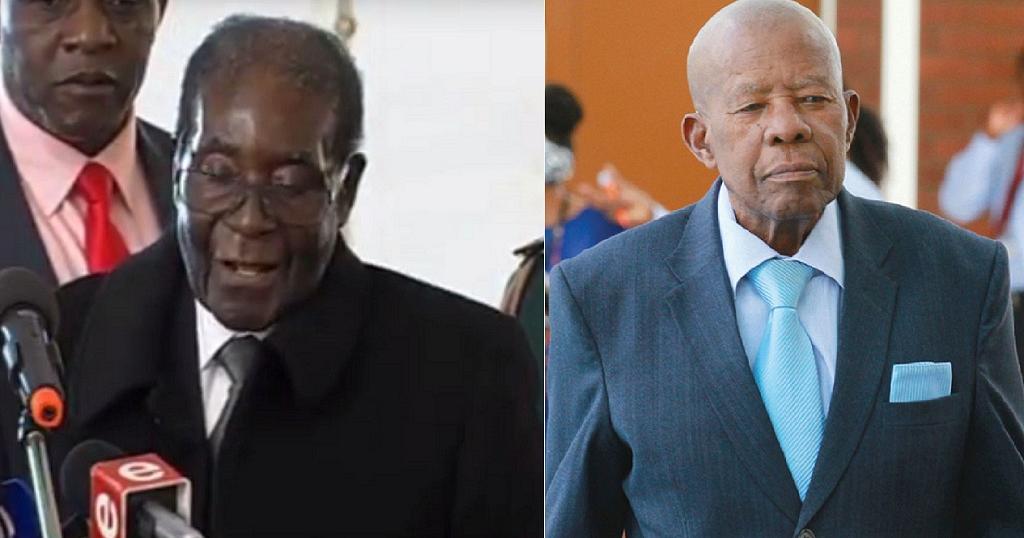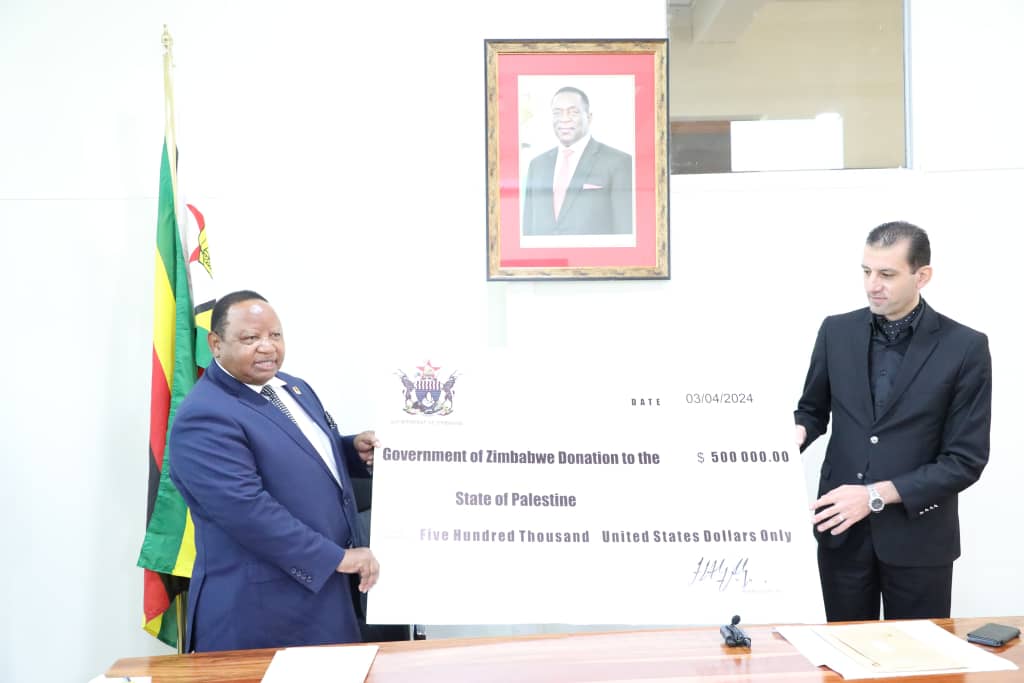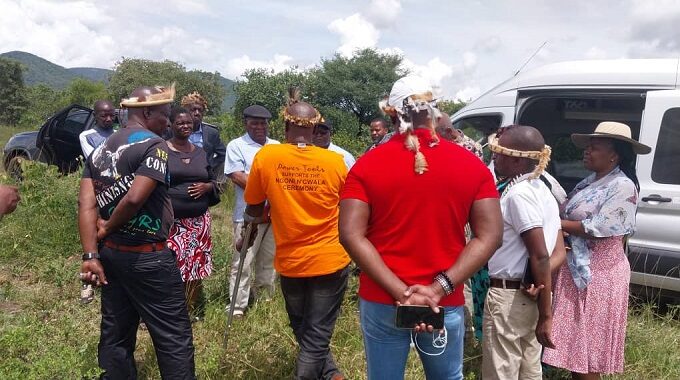Although the late Botswana president Quett Ketumile Masire — one of Africa’s most progressive and successful post-colonial leaders — who built his country’s economy from almost ground zero to what it is today was a close friend to President Robert Mugabe, he had many disappointments with his contemporary stretching from 1980 until the time of his death two weeks ago.
Masire died at the age of 91 a fortnight ago and was laid to rest last week at his home village of Kanye in southern Botswana.
In his autobiography Very Brave or Very Foolish? — Memoirs of an African Democrat, Masire said he was bitterly disappointed with Mugabe right from the beginning because as president (he, like Mugabe, also came to power in 1980 after the death of Botswana’s founding leader Seretse Khama), he expected Botswana and Zimbabwe to work closely from 1980 onwards following the latter’s independence. Botswana became independent in 1966.
Masire said he had hoped Botswana and Zimbabwe would develop close diplomatic and trade relations following the end of British colonial rule and Mugabe’s subsequent ascendancy to the helm of the country.
“In 1980, we had hoped that an independent Zimbabwe would help us reduce our dependence on South Africa and decrease our vulnerability, but that was not to be the case,” Masire wrote. “To start with, Zimbabwe imposed duties on imports from Botswana in clear violation of our free trade agreement. We discussed this with President Mugabe who blamed the problem on his minister for trade and said he would talk with him.
“Then the Zimbabwe officials claimed that Botswana’s exports to Zimbabwe failed to meet the requirements for ‘local content’ that would permit our duty-free exports.”
Masire said although Mugabe travelled to Botswana to discuss the issue with him, the Zimbabwean government persisted in imposing the duties which then led to Botswana doing the same on Zimbabwe’s exports to Botswana.
“When their government persisted in imposing the duties, Mr Kedikilwe, our minister of commerce, paid them back in their own coin by imposing duties on their exports to us. They came to us squealing! Since we imported more from them than they did from us, they suffered more from the reduced exports than we did,” Masire wrote.
He also complained about how Zimbabwe charged Botswana haulage trucks to Zimbabwe an entry fee of US$80, while Botswana charged Zimbabwean haulage trucks to Botswana only P5. Zimbabwe’s charges were 80 times more. Again Zimbabwe is said to have objected loudly when Botswana decided to impose the same charges in retaliation.
Masire said although the list of examples where Zimbabwe was not co-operative was endless, Botswana persisted in trying to be co-operative neighbours and to find areas of mutual benefit.
“In the 1980s, at their (Zimbabwe’s) request, we agreed to send them some of BCL’s copper-nickel matte to be refined in Zimbabwe instead of in the United States. This was a favour to Zimbabwe, since without our matte their smelter would have had to shut down, and their jobs would have been lost,” he said.
Masire said he confronted Mugabe about the bad relations between Zimbabwe and Botswana when they met at the Commonwealth meeting in Canada in 1986.
“Our trade balance is in your favour so you should stop playing these games,” Masire told Mugabe who then responded by saying: “That is not so, I have been informed differently.”
Mugabe is said to have then went on to quote figures that included exports of copper-nickel matte from Botswana, exports that Masire said they had agreed to as a favour to Zimbabwe, from which it earned a lot of revenue.
“It was never clear how much of our problems with Zimbabwe was their bad management, and how much was intentional.
President Mugabe himself was so reasonable in meetings that we thought for a while things might be happening without his knowledge,” Masire wrote. “However, it was just not believable that he was ignorant of the long list of things that were done to the advantage of Zimbabwe and to the disadvantage of Botswana.”
Masire said although Mugabe could be a “difficult customer”, he could also be “very sweet”.
“Whenever we would meet he would inquire in detail about my children and would remember specific things about them; he would ask why they never came over to see their uncle and so forth,” he wrote.
Regarding Zimbabwe’s controversial land reform programme, Masire said while Botswana understood Zimbabwe’s position, his country felt that the problem could have been resolved differently.
“Interestingly, with the difficult situation in Zimbabwe — partly take-over of the white farms, but mainly persecution of many Africans and destruction of the capacity of the economy to function — we have not had a spill over in racial attitudes into Botswana. Batswana have truly been saddened by the political and economic destruction of Zimbabwe,” Masire wrote.
Although Masire was disappointed with a number of issues, Mugabe seems to have remained a close friend to him until his death as shown in his speech.
“I shall live forever, with Masire in my heart. As I said, I never had a friend as close as Masire in Sadc. He was the closest to me. The closest to my family. My wife and his wife were great friends. May he rest in peace,” Mugabe said at the end of his speech.- Independent






